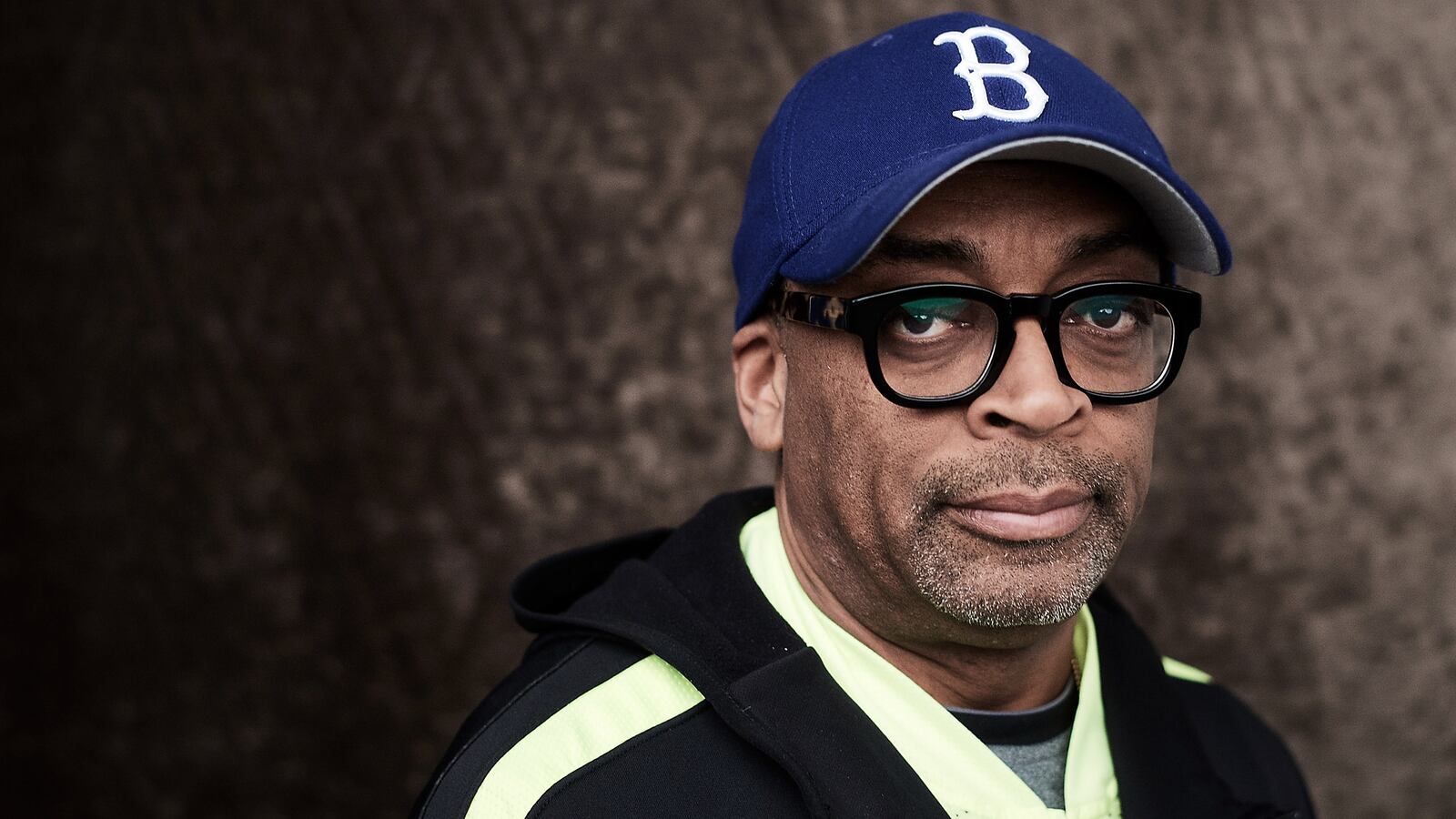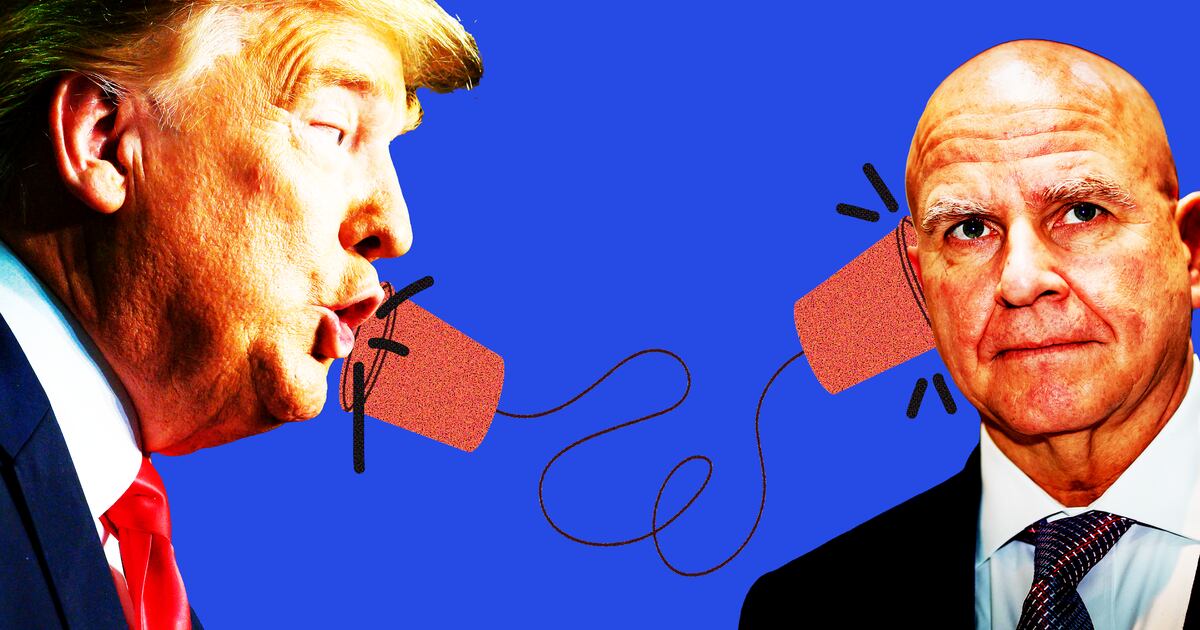Those who’ve consumed his biography—or taken in the lovely film Southside with You—know that, were it not for the work of Spike Lee, an associate attorney at the Chicago-based law firm Sidley & Austin may not have granted a second date to their summer intern in ‘89.
“He was trying to show me his sophisticated side by selecting an independent filmmaker, and it ended up being a pretty good movie…really great,” recalled Michelle Obama, née Robinson.
That movie was Do the Right Thing, and the young, dauntless intern none other than Barack Obama, who would go on to become the first black president of these United States.
Three years prior to the summer of ’89, however, came Lee’s groundbreaking debut: She’s Gotta Have It. It told the tale of Nola Darling, a vivacious (and insatiable) young Brooklynite juggling a trio of disparate male suitors: a polite young professional, a vain model, and an immature motormouth. The film, shot in 12 days for a meager $175,000, would not only become a seminal entry in American indie cinema, but also popularize its locale of Fort Greene, Brooklyn.
More than thirty years later, Lee has decided to adapt his debut feature into a 10-episode Netflix series, featuring the striking DeWanda Wise as Nola. And it is stellar, expanding on the original’s themes of female independence and sexuality and exploring new ones like gentrification, politics, and the steep psychological toll of sexual harassment.
“It’s a part of the culture now, and I really gotta give a shout-out to my wife, Tonya Lewis Lee, who’s the executive producer. It was her idea. I never even thought about ever doing it as a series, but she watches a lot of television and knew it would work,” says Lee. “The question is, if and when we’re going to have a second season. It’s up to Mr. Netflix.”
We’re seated across from one another in a pair of ornate purple chairs—an homage to the late Prince—in the bowels of the 60-year-old filmmaker’s production office, 40 Acres and a Mule, in Fort Greene. The building doubles as a pop culture museum, boasting wall-upon-wall of memorabilia, from vintage movie posters to assorted artworks, including a Shepard Fairey portrait of Barack Obama containing an inscription reading, “Spike, thanks for the inspiration,” and signed by the 44th president.
Here, we discuss She’s Gotta Have It and much more. [Warning: Spoilers]
I really enjoyed She’s Gotta Have It. And the series ends with a lovely little homage to the late, great Prince, with the entire gang dancing to “Raspberry Beret.”
Yes, Episode 10 is another one of my homages to my brother Prince. I knew I wanted to write the first and last episodes. My approach to the first episode was to set the terrain—the environment—for people who haven’t seen the movie. It’s like the first issue of a comic book: you set the characters up. And then in episodes 2-9, explore. But I always knew I wanted to save the Thanksgiving dinner until the finale. And in that last episode, everything’s purple. When Nola Darling is preparing the Thanksgiving meal, she’s wearing a ‘1999’ shirt. She gives out purple [guitar] pins to her guests.
That was a nice touch.
Here’s another thing I’d like to address in this article: I’ve been reading so many things about how “Spike Lee has a women problem.” The reason why that started is the ill-advised rape scene in [She’s Gotta Have It], and I’ve been on record for many, many years discussing how I regret it. But that ill-advised scene, for me, does not speak to my three decades of making films and my portrayals of women. They keep saying in quotations “Spike Lee’s women problem,” and then there’s no follow-up. So, if the critics really think I have a women problem, please go to my IMDb, look at my feature films—and my documentaries—and be very specific what women problems you’re talking about. They’ve been saying it as a backhanded compliment when writing about the series: “Oh, well I like this but in the past I’ve had issues with his films because of his women problems.” If that’s your opinion, and you’re giving constructive criticism, enlighten me and tell me what women, what scenes, and what films.
Other than that sequence in She’s Gotta Have It, I can’t off the top of my head think of any major problematic scenes of women in your films.
And again, I’ve said it a million times, if there was one thing I could take back, it would be the rape scene. But that was my first film, over thirty years ago. These critics don’t even begrudgingly say, “Well, we have seen some growth over the last thirty years.” I’m not the filmmaker or the human being that made that film over 12 days in July 1985, for $175,000. I don’t even know why people are making the comparisons. That film was 86 minutes and here, we have ten episodes. It’s a much bigger world and a much larger canvas. And it’s not one singular voice. I wrote a script; Lynn Nottage, who’s won two Pulitzer prizes, wrote another; Eisa Davis, Radha Blank, my sister Joie Lee wrote scripts; my wife Tonya was heavily involved in it, as an executive-producer; and even my daughter, Satchel, was in the writers’ room. It was not a mistake that women were involved in this—they were an integral part of it. That was the plan.
The first episode is bookended in an interesting fashion—with a montage of men catcalling women on the street and Nola Darling being assaulted.
Right. That replaced the rape.
It’s an interesting choice, though, to have Nola Darling end up with a woman instead of her three male suitors. The original film ended on a more nebulous note, with Nola speaking to the camera and reflecting on her experiences.
She’s evolved, you know? We understood that it was important for this to not only reflect the male gaze but Barry Michael Cooper did create Shemeka and Raqueletta Moss. Those are his creations.
Speaking of Shemeka, that exploding butt sequence has a lot of people talking.
Well, it’s a cautionary tale. I mean, women can’t afford these butt augmentations that these famous women have, so they get the cheap, bootleg, Home Depot silicone version, and they end up dying or scarred for life. What people I think are missing about that is, what we’re really trying to talk about in that episode is that there’s this pressure through the media where you have to be a certain body type. These women’s self-esteem is so low that they feel that by having this butt, and making themselves more desirable, it’ll make them feel better. But they need to embrace self-love. That’s what this thing is about: the mental state of someone who wants those butt injections. I guess you could say it’s the same thing with breasts, too.
I had an interesting conversation once with one of my black female colleagues about depictions of black sexuality onscreen. We were discussing Idris Elba, and how neither of us could recall ever so much as seeing him featured in a hot movie sex scene.
Hollywood has always had trouble with black sexuality, and that’s why [the movie] She’s Gotta Have It was different—people had never seen that before. The MPAA definitely had a problem with the sexuality in She’s Gotta Have It. They were giving us hell. But generally, there are double standards. [The MPAA] is much more lenient with people getting their brains blown out versus sex.
The first episode of She’s Gotta Have It has Nola Darling discussing Denzel’s controversial Oscar loss for your film Malcolm X. And it’s the 25th anniversary of the film. And the series, of course, ends with the Prince homage. I read that Prince also helped finance Malcolm X.
Yeah! Prince, Michael Jordan, Magic Johnson, Tracy Chapman, Janet Jackson. We went over [budget], but the film ended up costing what the budget was. Warner Bros. just cut the budget, so people came through. Oprah Winfrey, too. She was there as well.
You made an interesting move on that press tour, where you only agreed to be interviewed by black journalists. It ended up having a very positive impact. It led to a lot of newsrooms having internal discussions about their representation problems, and the editor of Premiere even came forward to say that they hired a black editor and writer because of the mandate.
I was just very leery of how the white press was going to portray this film, so I just said that I’d like to speak to African-American journalists. I felt they’d be more sympathetic, and understand. Malcolm had been smeared as a hatemonger and all that, and I didn’t want to go through it. And even today, I heard that [Colin] Kaepernick demanded that the clothes he wear for the GQ cover be made by black designers.
We’re entering awards season, and there was an interesting interview recently with Armie Hammer where he discussed the industry double standard of Nate Parker and Casey Affleck, and how Nate’s movie The Birth of a Nation bombed and he was effectively blacklisted from Hollywood after his rape allegation surfaced, while Casey, who settled two sexual harassment lawsuits, went on to win the Best Actor Oscar.
Over Denzel! And [Casey Affleck] settled several times. I don’t know the exact details of it. One day, someone’s going to write a book about that whole thing, because I’ve never seen someone fall so quick. I just find it strange that on the same day, Variety and Hollywood Reporter reported [on Parker]. There were some shenanigans there.
Armie also said in that interview that a rival producer had leaked documents on Parker to the press.
I know who it is. I’m not going to say who it is. But they do that type of stuff. [The Birth of a Nation] was a film that they knew was a lock, so they had to come up with some dirt to knock it out. And they were very successful. It was a dirty, low-down shame. A dope-fiend double-cross. It’s still a great film, too. I’ll go on record and say that’s a great film, and I said it the first time I saw it at Sundance.
And you have that line, too, in the first episode of She’s Gotta Have It, with Nola saying that Denzel better not lose the Oscar for Fences. And then he did.
That line was added after the Oscars. “And he better not lose for Fences, too!” [Laughs]
Are you and Denzel going to reunite anytime soon?
I hope so. In this order: Mo’ Better, Malcolm X, He Got Game, Inside Man. That’s four, so we need a fifth.
While we’re discussing potential projects, is School Daze 2 ever gonna happen? It came out in the Sony hack that you wanted Drake to star in the sequel as PE*NIS.
We’re gonna do it as a Broadway musical. But that was way, way…I never spoke to Drake about it, but I wanted him.
And Kanye was supposed to star in Chiraq, too.
In the early stages, we were going to have him be the Nick Cannon character.

Spike Lee directing DeWanda Wise (Nola Darling) on the set of 'She's Gotta Have It.'
David Lee/NetflixI read an old interview about your interactions with Harvey…
…Who, Weinstein? I’m not talkin’ about him.
This was about Pulp Fiction, and how you called him up when it came out and yelled at him for all the uses of the N-word in the movie.
Oh. I called him out. I asked him, “Would you use a Jewish slur 226 times in a movie?” And he said, “No.”
Time magazine recently released their ‘Person of the Year’ cover, and they dedicated it to the women of the #MeToo movement, several of whom graced the cover. But they neglected to include Tarana Burke, the woman who actually started the “Me Too” movement.
How come she’s not on the cover?!
Your guess is as good as mine. They had Taylor Swift on the cover and didn’t have the woman who started the “Me Too” movement.
Well, let’s be honest: they thought Taylor Swift was going to sell more magazines. Are they getting flack about that? I hope so.
It’s fascinating that the “Me Too” movement was started by a black woman for black women a decade ago, way ahead of today. Although, classic move.
Classic! That ain’t the first time that shit has happened! [Laughs] Don’t you know Elvis Presley and Jerry Lee Lewis invented rock ‘n’ roll?! Come on, man!
Your cousin, Malcolm D. Lee, is having quite the year with Girls Trip. And a lot of people are pushing for Tiffany Haddish to be nominated for an Oscar, especially since it’s looking like we might run into another potential #OscarsSoWhite situation with the acting noms.
Yup, Malcolm Donald Lee! His father and my father are brothers. He’s his own man, and we’re all happy for his success. But with the Oscars, we’ll see…I know Universal is really pushing for Get Out to get in there. And it will. It will get Best Picture, Best Director, and Best Screenplay nominations. You watch. And Dee Rees. She’s gonna get Director.
I loved Mudbound, but am worried that because it’s Netflix the Academy Awards might overlook it. That same problem occurred with Beasts of No Nation, which was also excellent.
I liked that a lot. That kid [Abraham Attah] was amazing. But I do think there’s a bias, where if a film comes out on these streaming services, they’re not voting for it. They’re scared of these things. Netflix and Amazon are killing the game, so they’re worried—just like the cinema chains, who won’t do day-and-date releases.

Spike Lee on the set of 1986's 'She's Gotta Have It.'
GettyBack to She’s Gotta Have It. It’s nice to see a show shot in New York City. You don’t see too many shows or movies filmed in Brooklyn, unless it’s something like Girls.
Pshhh. What Brooklyn is that? [Laughs]
But your show presents a very realistic depiction of modern-day Brooklyn—gentrification and all—in Episode 9 of the series.
That’s one of the things we wanted to do. I had never heard of gentrification when I wrote the script back in 1985. I heard about it later, because we talked about gentrification in Do the Right Thing when John Savage’s character stepped on Buggin’ Out’s pristine Jordans. I wrote that script in ‘88, so I was talking about gentrification in 1988. But that’s the purpose of the opening credits sequence, with the black-and-white photographs by my brother, David Lee. The black-and-white photographs he shot in ’85, and the color photographs are ones he shot recently, so we wanted to show the juxtaposition between pre-gentrified Fort Greene and today.
And how are you feeling about that?
[Laughs] Come on, you’ve seen the episode! You heard my rant at Pratt Institute!
[Laughs]. Touché. How are you holding up, by the way? It’s been a crazy/rough year.
Well, you saw it in [Episode 8], which begins with that great song by Stew, “Klown Wit Da Nuclear Code.” But, you know, one day at a time. Insanity is a normal day now. Here’s my comment: a lot of people are going to be on the wrong side of history. The Wrong side, with a capital ‘W.’
There’s a lovely scene in She’s Gotta Have It of Nola Darling painting a portrait of the Obama family over the course of an episode. It’s a beautifully symbolic image. There’s no comment on it, even, she just fills it in gradually with color over the course of the episode.
Those were the good ol’ days! They’re like, “Alright, muthafuckas—you miss us now, don’t you?!” I know one thing: they didn’t own slaves. They didn’t own slaves! That’s where we are.





